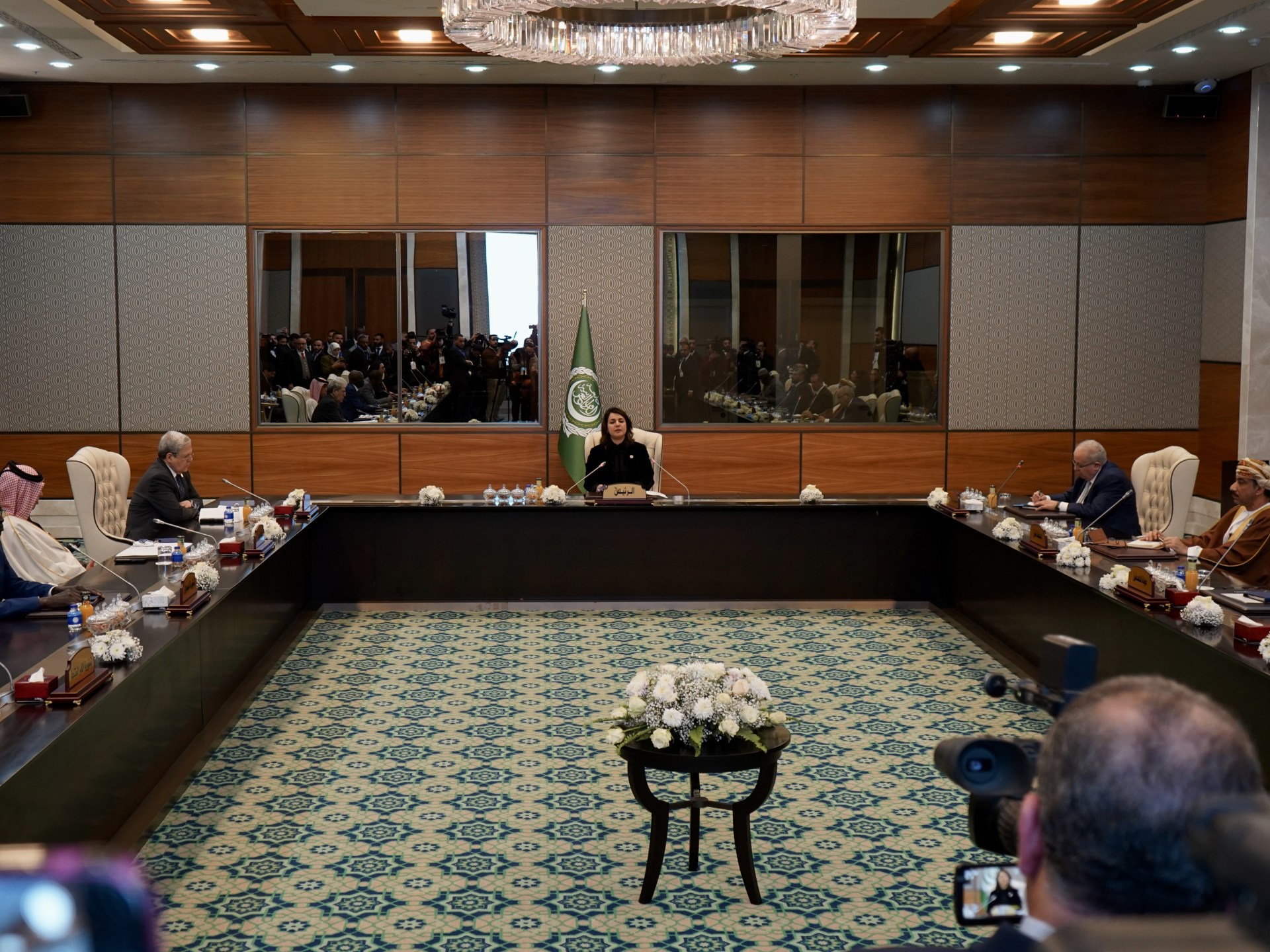Today, Sunday, the Libyan capital hosted a consultative meeting of Arab foreign ministers, with the participation of the United Nations and the African Union. The Secretary-General of the Arab League, Ahmed Aboul Gheit, was absent from the meeting.
The meeting was held in Tripoli, given that Libya is currently chairing the League Council at the level of ministers, and is a prelude to the regular Arab ministerial meeting scheduled to be held in Cairo next month.
The consultative meeting discussed the developments of the Palestinian cause, and the developments of the crisis in Libya and Yemen.
Najla al-Mangoush, Minister of Foreign Affairs of the Libyan National Unity Government, said that her country insisted on its right to preside over the League, and that about 10 countries attended the meeting, stressing the need for everyone's support to ensure Libya's stability.
Al-Mangoush confirmed that the Libyan government is committed to ending the transitional stages (Anatolia)
And the minister stressed - in a press conference after the consultative meeting - that Libya, which holds the rotating presidency of the League, "is determined to fully play its role within the League of Arab States and refuses to politicize the founding charters of the League."
She also said that some countries are trying to negatively influence the Libyan political scene, adding that unifying the Libyan file is important for the country's future and stability.
On the other hand, Al-Mangoush said that the government is committed to ending the transitional stages and preserving Libya's stability, stressing that the government is committed to holding elections as well.
According to experts, the absence of some Arab countries from participating in the meeting indicates the continuation of the Arab division over the Libyan conflict.
Since last March, two governments have been fighting in Libya, the first of which is recognized by the United Nations, which is the unity government headed by Abdul Hamid al-Dabaiba, who refuses to hand over power except to a government assigned by a new elected parliament, and the second headed by Fathi Bashagha, which was assigned by the House of Representatives in Tariq.

